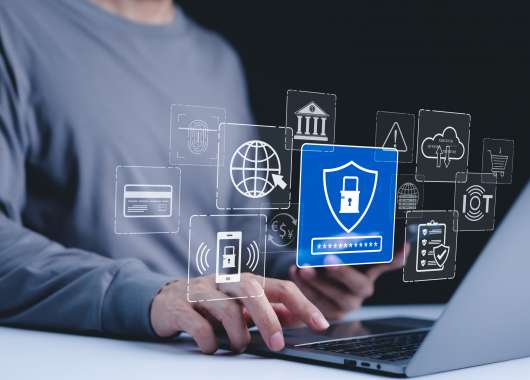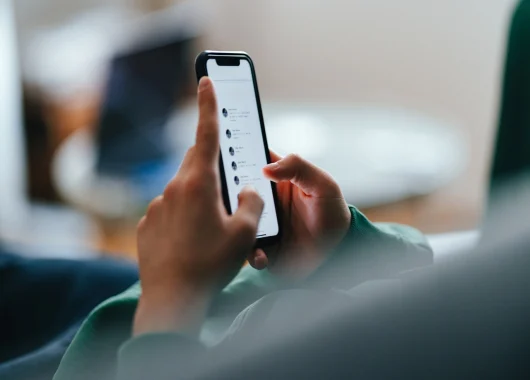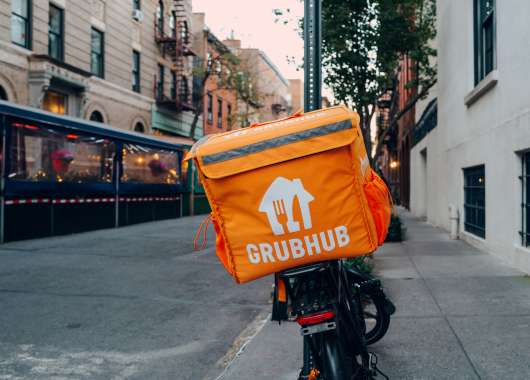Toll road scams have been on the rise for months. This increase even triggered a statement from California’s Attorney General Rob Bonta. In a press release distributed earlier this year, the Golden State’s top legal advisor urged drivers not to fall for texts asking them to cover bogus outstanding toll road charges.
Phishing messages usually request drivers to pay a toll charge and encourage them to open malicious websites. The victim would then use a credit card to process the fraudulent transaction. So hackers would later use the same payment method to commit more fraud and eventually drain the bank account. Most credit cards are insured, so folks will not lose money. But they will just waste time dealing with the bureaucracy. However, if the victim uses a debit card or sends money via Zelle or Venmo, things get a bit trickier. Banks do not allow users to dispute such transactions, and recovering funds stolen this way could be a real challenge.
The fraudsters use AI and other enhancement tools to develop deceiving texts that make the message more believable. California’s Rob Bonta wants people to bring awareness to the issue. And encourages folks to talk to friends and family about the danger of those fake toll road fees. Californians is the main target of the scammers, but this fraud also affects other states with large toll road systems. Such as Florida, New York, and Oklahoma.
If you receive a text message or email from a toll road company, you´re likely targeted by a phishing scam. All you have to do is ignore it and/or report it to law enforcement. The FBI would gladly take the complaint at its Internet Crime Complaint Center.
Not clicking on the suspicious links in the text message is vital. Just delete the message and block the sender so you don’t receive more of those messages in the future. And if you’ve already paid the fake toll road fee and/or have input financial details into a website that you now believe might be fishy, ensure you immediately notify your banking institution and ask them to reissue you a new credit or debit card.
As a general rule of thumb, toll companies only send message reminders to people who already have an account with the company – actual legitimate toll companies cannot dig out your cell number and approach you for unpaid toll charges. So, if you are unsure that your toll road account is in order, you can go to the official toll company’s website and check for any outstanding balances. Another critical step people should take is to be more prepared for such attacks – savvy folks can get ahead of the hackers by installing antivirus software on all connected devices. If you have proper protection, your antivirus software won’t let you open the fraudulent link even if you accidentally click it.






